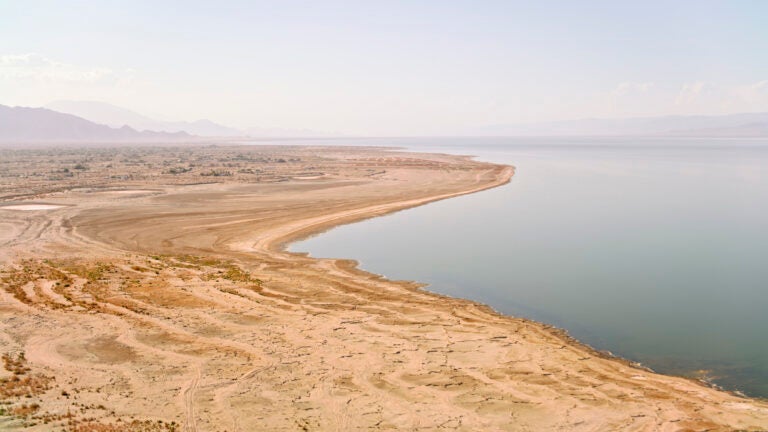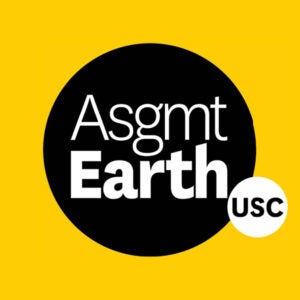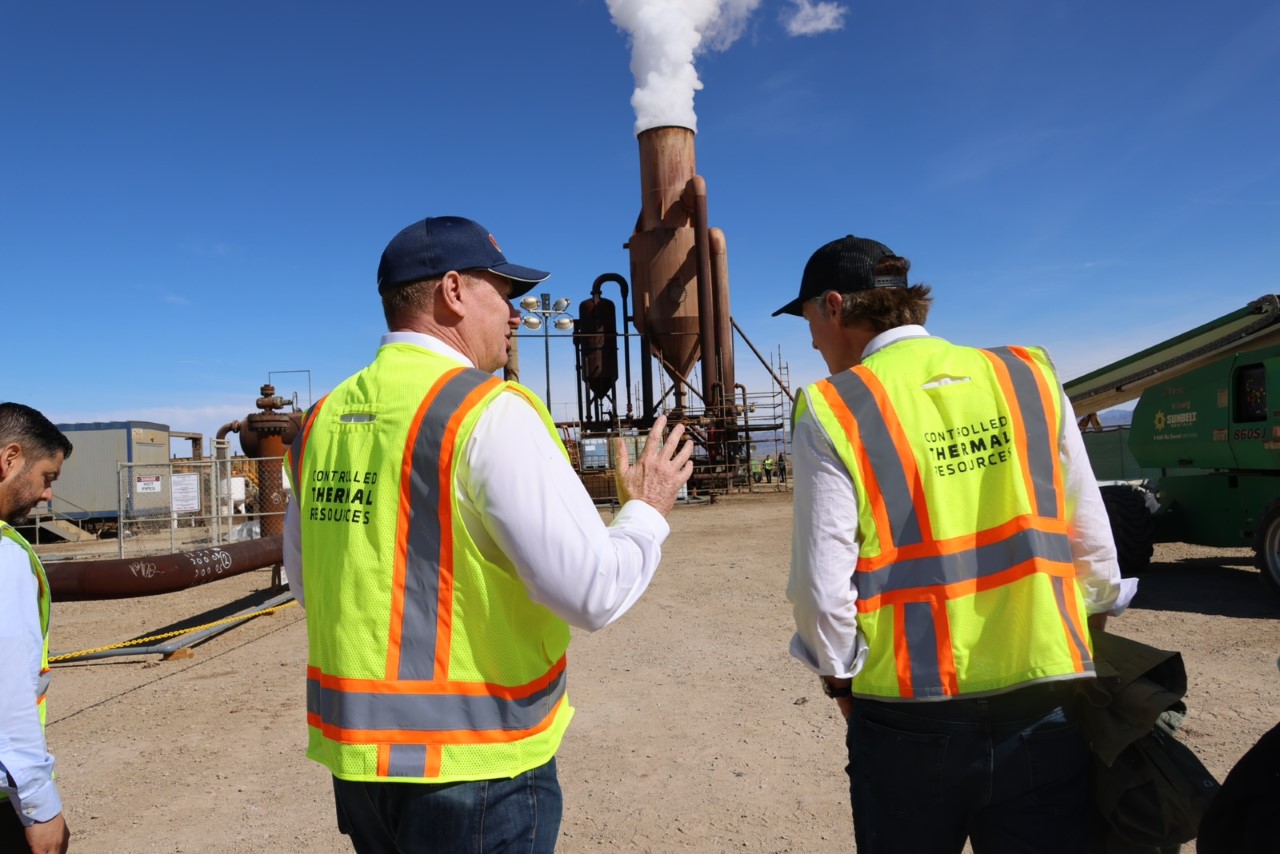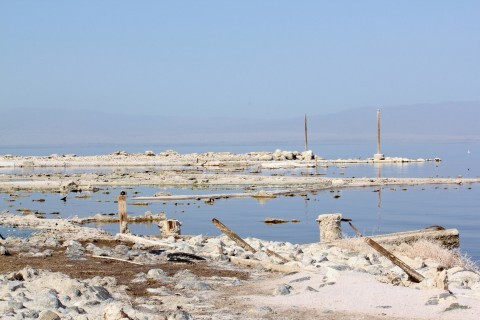
The Salton Sea holds enough lithium to power more than 375 million electric vehicle batteries. (Photo/iStock)
‘Lithium Valley’: Inside California’s ‘white gold’ rush
The race to mine American lithium at the Salton Sea is intensifying, but USC experts caution against potential environmental health impacts in a region already burdened by poverty and air pollution.
The Imperial Valley in southeastern California is emerging as a global hotspot for lithium: A new U.S. Department of Energy report confirms that the Salton Sea holds enough of the rare mineral to power over 375 million electric vehicle batteries — more than the total number of vehicles on U.S. roads.

That’s good news for the global shift toward clean energy and American ambitions of energy independence. However, USC experts warn that the race to mine American lithium could come with significant environmental and public health impacts.
“‘Lithium Valley’ is now poised for a potential economic boom — one promoted not just by companies but by environmentalists who believe that the method of lithium extraction being proposed there is the ‘greenest’ approach available,” said Manuel Pastor, director of the USC Equity Research Institute. “But the question is, who will benefit from the boom and who will face continued marginalization?”
California enters the global race to mine ‘white gold’
Lithium — “white gold” — is produced from hard rock or extracted from natural geothermal brines, sourced from salt lakes like the Salton Sea. Australia is the world’s biggest supplier, with production from hard rock mines, while Argentina, Chile and China lead in lithium production from salt lakes, according to the World Economic Forum.

In recent years, both the pandemic and geopolitical tensions have highlighted the risks of relying on foreign sources for critical materials like lithium, nickel and cobalt that power the batteries in our EVs and devices. The World Bank anticipates a 500% spike in demand for lithium by 2050.
“To enable sustainable future production from local resources, the U.S. needs to reduce the amount of lithium used in batteries and seek alternative local sources of lithium,” said Greys Sošić, an expert in sustainability and global supply chains at the USC Marshall School of Business. She points to geothermal brine lithium recovery — a process that extracts battery-grade lithium from natural geothermal brines found in hot springs and salt lakes such as the Salton Sea — as a viable alternative.
Shrinking Salton Sea, air pollution crises raise public health concerns
Originally formed in 1905 as a result of an engineering mishap and spanning 350 square miles, the Salton Sea is now shrinking. Its exposed seabeds are releasing dust that poses a threat to health, especially in children, in a community already beset by environmental and economic challenges, experts say.

“This is one of the poorest counties in California, with a median household income roughly one-third of that in Silicon Valley … and it has a population which is 85% Latino but with political representation falling far short of that standard,” said Pastor.
The childhood asthma rate for the communities around the sea is 22% compared to the national average of roughly 8%, according to Shohreh Farzan, an associate professor of population and public health at the Keck School of Medicine of USC who has been collecting samples of air particles at elementary schools around the Salton Sea since 2017.
“Many children in this area are affected by respiratory symptoms, such as wheezing and allergies, and the local air quality is a likely contributor to the high rates we see,” Farzan said. “The trade-off with lithium is that while it can reduce our reliance on fossil fuels, there is much that remains to be understood about the environmental impacts of the extraction process and whether this energy transition could impact the health of the surrounding communities.”
Jill Johnston, an associate professor in the division of environmental health at USC, adds that “while efforts to move away from fossil fuels and promote zero-emissions technology is important for public health, it is critical to avoid creating new environmental hazards. The overly burdened families near the proposed lithium extraction site deserve to have clean air and water and protection of their health.”



